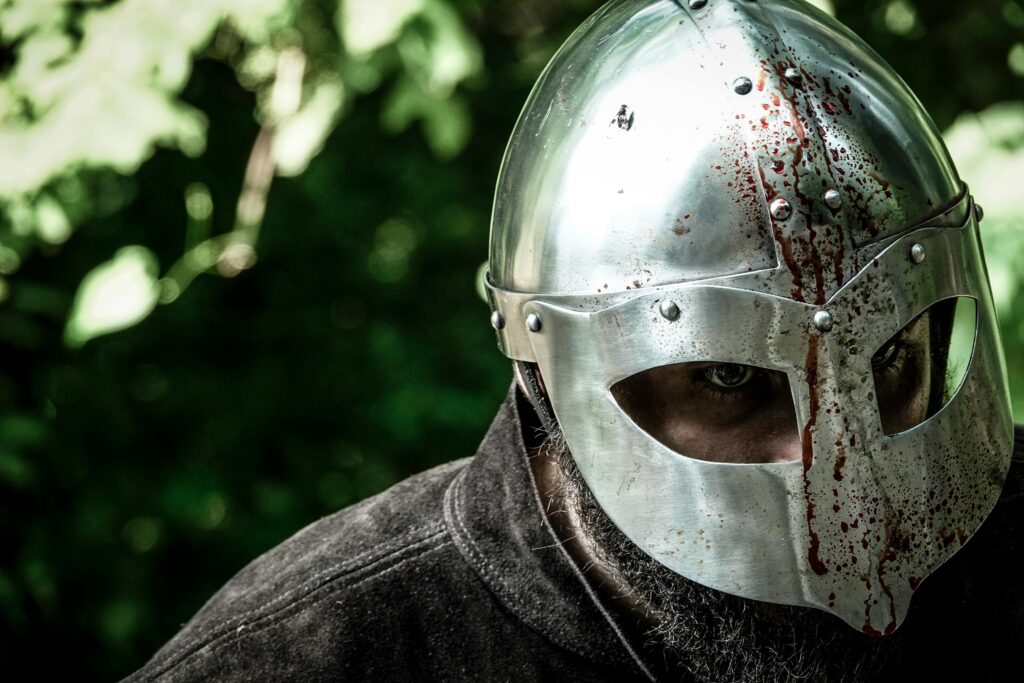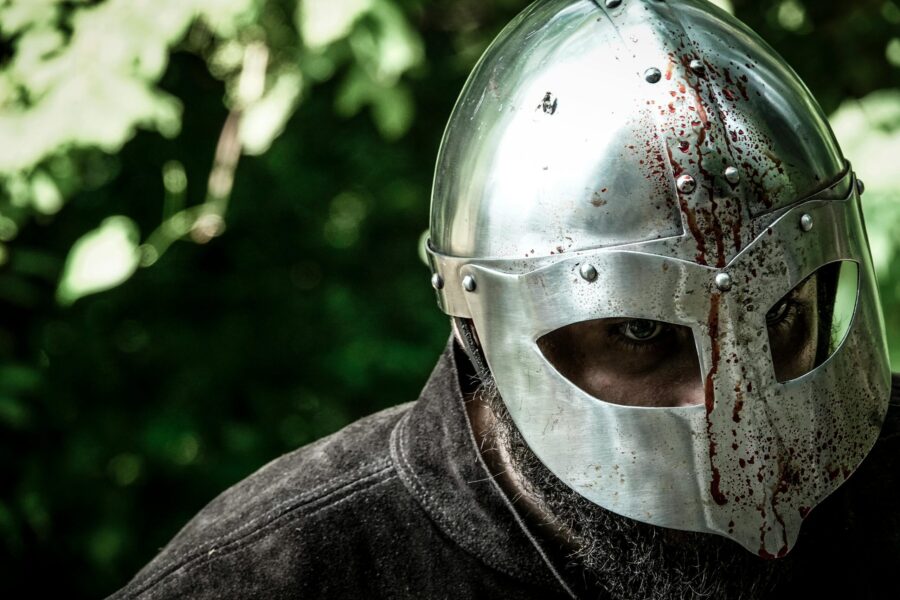
The Origins of Chivalry
The concept of chivalry emerged in medieval Europe as a moral and social code for knights. Rooted in Christian values and influenced by earlier warrior traditions, chivalry defined the behavior of knights both on and off the battlefield. This code emphasized bravery, courtesy, and a commitment to justice, shaping the conduct of knights during the tumultuous medieval period.
The Knight’s Training
Becoming a knight was a rigorous process that began in childhood. Boys started as pages, learning the basics of combat and courtly manners. As squires, they served experienced knights, gaining practical experience in warfare and horse riding. This training culminated in a knighting ceremony, where they took vows to uphold the chivalric code. The training ensured that knights were skilled in combat and deeply ingrained with the principles of chivalry.
Chivalry in Action
Chivalry manifested in various ways, from the battlefield to the court. Knights were expected to protect the weak and uphold justice. Tournaments provided a platform for knights to demonstrate their skills and valor, while also adhering to the rules of fair play. In everyday life, knights were expected to be courteous and respectful, particularly towards women, reflecting the ideals of courtly love that were popularized by medieval literature.
Conclusion
Knights and the chivalric code played a pivotal role in medieval European society. Their adherence to a code of honor not only defined their conduct but also influenced the social and cultural fabric of the time. The legacy of chivalry continues to captivate our imagination, symbolizing an ideal of noble behavior in a complex and often violent world.
